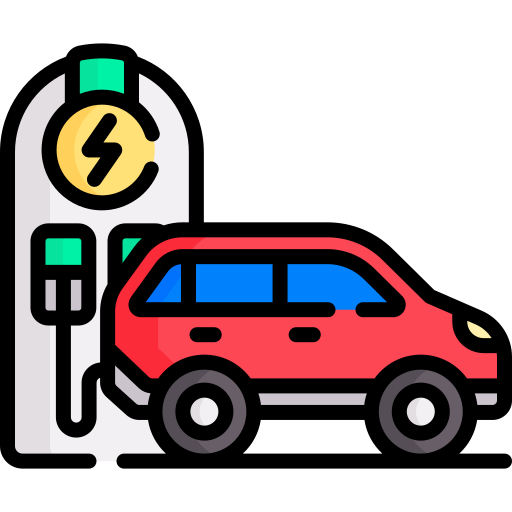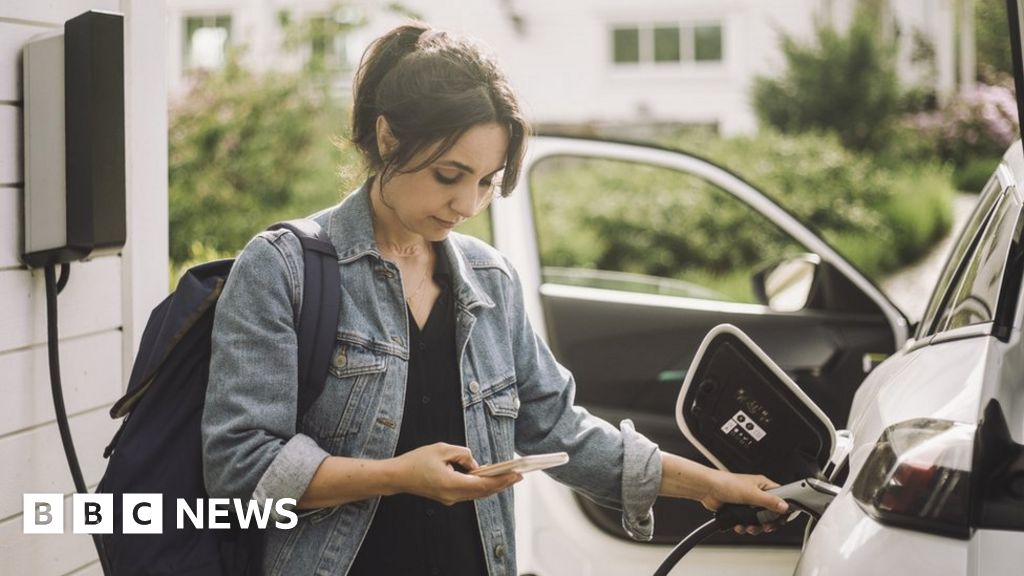- cross-posted to:
- [email protected]
- cross-posted to:
- [email protected]
This is the best summary I could come up with:
Motor industry analyst Philip Nothard, insight and strategy director at Cox Automotive, told the BBC the targets for electric car sales was “arguably a greater influence” on the market than delaying the ban on new internal combustion engine vehicles.
But he said “at least” Mr Sunak’s move to push back the ban by five years meant the UK was aligned with the European Union.
Mr Nothard added that because many carmakers were already committed to hybrid and electric-only ranges based on the government’s previous 2030 policy, greener vehicles might be more attractive to buyers in terms of price because consumers would face a “limited choice” of new petrol and diesel cars, causing the prices of those vehicles to rise.
Prime Minister Rishi Sunak insisted to the BBC on Thursday that the UK would met its net zero targets despite the change to is green plans.
Ford said the move undermined its electric car investment plans, but Toyota welcomed the announcement, saying the delay was “pragmatic”.
Prior to Mr Sunak announcing a shift in policy, the government had planned to ban the sale of new, pure petrol and diesel vehicles by 2030.
The original article contains 571 words, the summary contains 191 words. Saved 67%. I’m a bot and I’m open source!
This is such a bs. EV prices are still over the rooftop for an average working person to even condider. Not to mention all the lithium battery issues, lack of charging stations etc… I woul really like to have one but I am not a milionaire.
The thing to do when looking at one is:
ice_month_payment +((monthly_miles / mpg) * 4.54609 * fuel_price)
vs
ev_month_payment + ((monthly_miles / miles_per_kwh) * kwh_price)
If you can charge at home, kwh_price can be £0.09
Really you just need a range where 80% of it is say 3h drive when you’d take a break anyway. Though ranges are just going up and up.
The vast majority of the time you charge at home and not doing drives long enough you need to worry about public charger. Public charger are just for long drives. And yes, they aren’t always great.
If you going to a non-EV house over night, you can always just plug in to a normal socket over night.
The batteries are fine and lasting better than planned. Then can go on to second lives as house batteries or grid storage.
@Hovenko @autotldr #EVs are more expensive but more used vehicles are becoming available at lower price points, but the real difference is the dramatically lower cost to operate and maintain. Lower TCO.
As for charging, governments need to provide assistance to ensure widely available home or workplace charging. One effective way to channel funding is to set a low carbon fuel standard for petrol fuel suppliers, like California, British Columbia, and now Canada.
But do you want to buy an used EV? Especially if the battery is such a crucial component with unknown lifetime and a faulty one can cost quite a lot to replace.
And regarding ecology… this one is still questionable. What to do with battery waste? While charging, unless you have own solar (again not affordable for average person), you are still getting most energy from dead dinosaur.
And I am not against EVs, I am just frustrated looking at the state of things while tabloids, manufacturers and politicians are ignoring glaring issues.
First of all I understand why a lot of people are concerned about moving from ICE to EVs. It’s a big change and there is still a long way to go before they become the majority of vehicles.
Having said that, plenty of people have already bought used EVs and it doesn’t seem to be a major problem. Improvements in battery management systems and chemistry will further improve the life of EV batteries which will be on the used market by 2030. The price of new EVs is already starting to come down and that of used ones will follow. ICE cars are far more mechanically complex than EVs so you could argue there are more things that could go wrong buying a used ICE car than an EV but I do accept that batteries are an expensive part to replace.
Batteries can be repurposed for other applications where energy density is less important or they can be recycled.
Over the past year the grid was less than 40% fossil fuels and that will be less over time so most sounds like an exaggeration.
https://cleantechnica.com/2022/09/16/good-news-ev-batteries-last-longer-than-expected/
Batteries, when finally finished in cars and a second life as a house/grid battery, they can be recycled. It’s just there is a bit of a lack of them to recycle because they are lasting longer than planned. You can’t recycled used petrol or diesel.
With ICE you want a big tank as you have to go somewhere special to refuel and so only go once a week. But with EVs, you refuel at home and start the day with plenty for the day, every day.
It’s all new, but you can sell ICE just going to lose. EVs will get near price parity in years to come. And range just keeps improving. ICE is doomed long run. It’s mad to have liquid fuel that has to transport at the scale of the fuel network. Compared to just fuel transmitted over wires that can be generated however.






